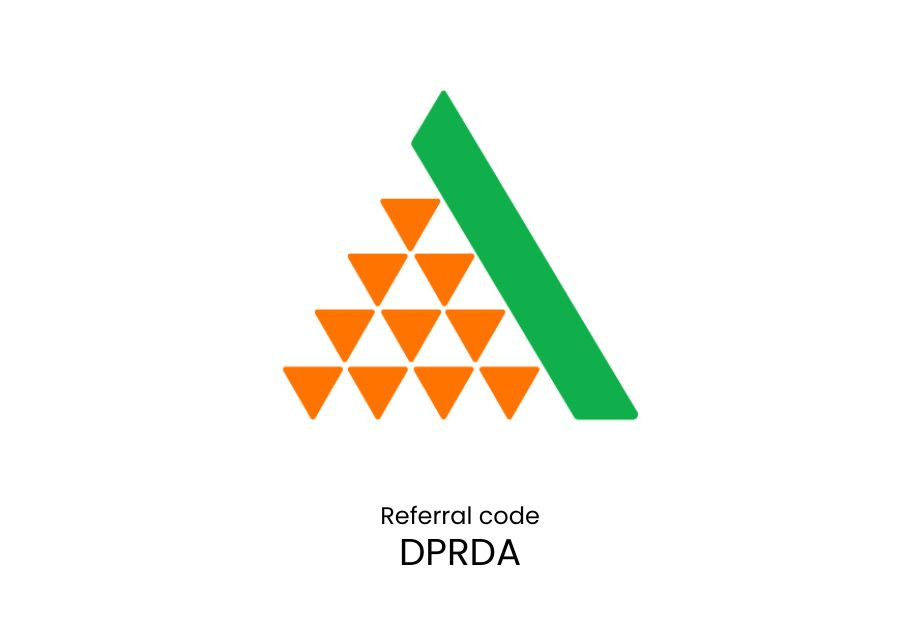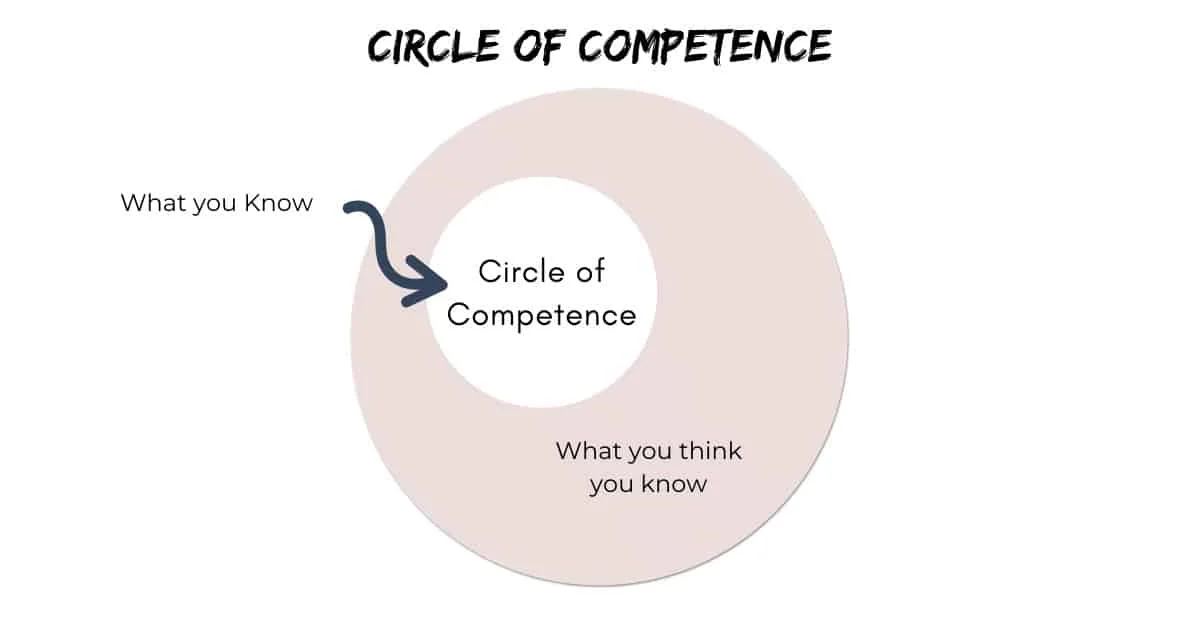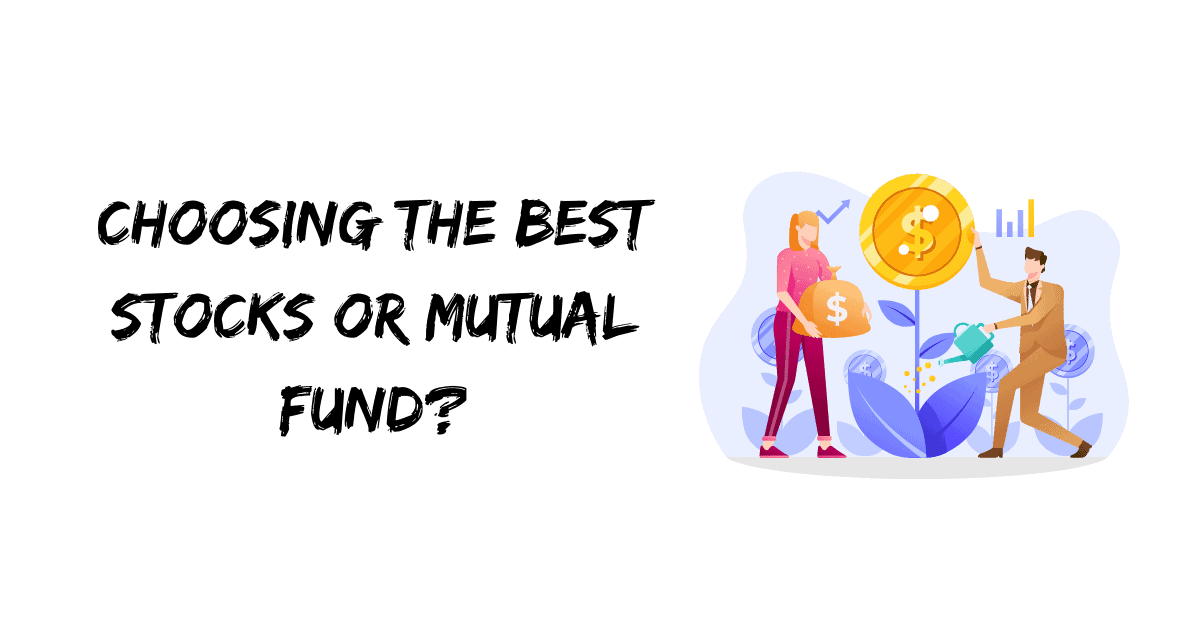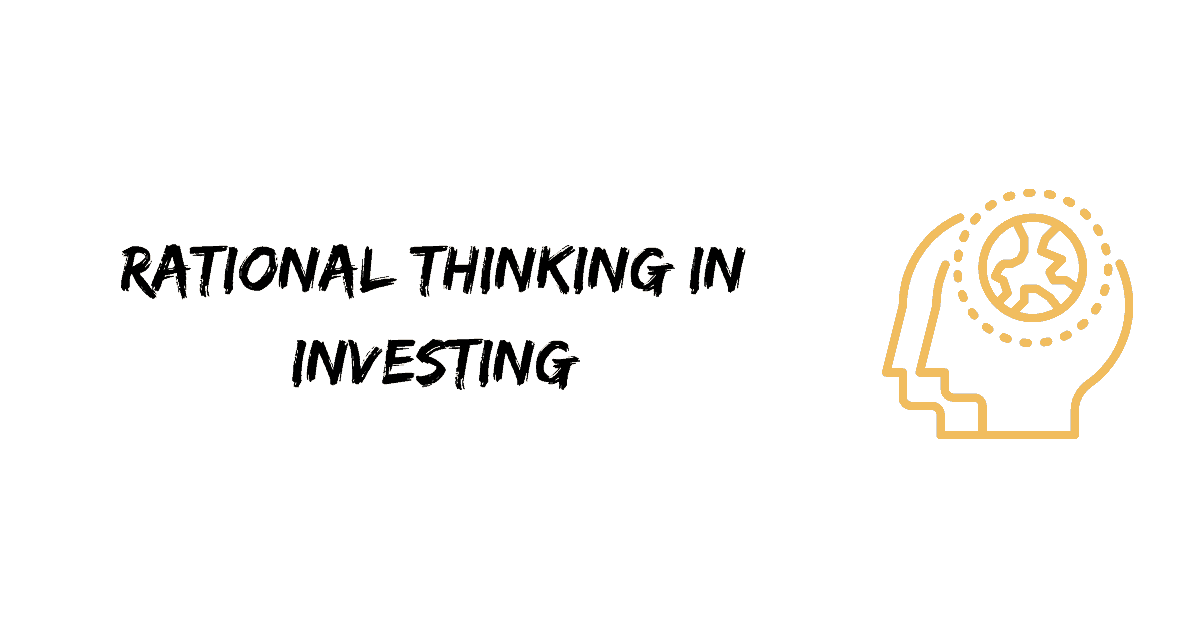Assets, investment avenues, investment vehicles, and so on are all terms used to describe investment options.
There are different types of Investment options available you didn’t even know existed.
It’s important to remember that entire assets aren’t always better investments or have lower or higher risks than other assets.
Basically, multiple levels of risk and reward may be found within an asset.
Furthermore, even when comparing various subcategories of assets (not the same asset), risk and return levels might fluctuate significantly.
Many investors are unaware that an investment asset does not need to be as confined as many of us believe.
We will start with the most popular investment options in India and then we’ll discuss the less popular investment options
Safe Investments with High Returns in India
Let’s check out the best way to invest money in India
Deposit (FD, RD, post office deposit, etc)
It is the most common investment option in India. We Indians adore them, and with good reason: for a long time, the profits offered by FD were rather high.
FD rates have been quite low in recent years. In many cases, FD rates are slightly greater than inflation, and in certain cases, they are even lower.
Gold
Gold has a unique position in Indian culture. Gold jewelry is a cherished family heirloom that is passed down through the generations.
Gold jewelry, on the other hand, is a bad investment option. Gold biscuits or gold coins are preferable.
Gold has not provided large returns on its own, but it is an excellent hedge. It’s a form of value storage.
This is why many financial experts advise consumers to invest at least a modest portion of their portfolio in gold, but not too much.
There are different investment options in Gold. Check out Digital Gold vs Physical Gold vs SGB vs ETF
Real estate
Another popular investment idea in India is this. Property prices in much of India soared between 2000 and 2010, leading many to believe that real estate is always a smart investment.
It has proven to be a less desirable alternative in recent years.
Real estate prices are rising in certain areas, while they have been static in others for years.
Real estate investing also necessitates a substantial initial investment or requires investors to take out a loan.
Stocks
Only around 4% of India’s population invests in the stock market.
(Also referred to as share or equity investment.)
Investors, in essence, own a small percentage of a company.
Many Indian investors have a negative view of stock markets.
When stocks initially became popular in India around 15-20 years ago, many people saw them as a get-rich-quick scheme.
The fact is that, while some investors can make a lot of money quickly, most investors cannot.
Of fact, new investors nearly invariably lose money as a result of their newbie mistakes.
After losing money in the stock market, such investors promised to stay away from it in the future and sought to warn those around them to do the same.
As a result, India’s stock markets have a bad reputation.
However, things are changing.
The fact is that, if done correctly, stock markets may produce good returns—far better than FDs or gold.
Read more: What is the best Stocks Investment method
However, these returns aren’t astronomically large, such as multiplying your money tenfold in two weeks or anything like that.
Over the previous 20 years, a fairly respectable rate of return has been 12 percent each year.
Some of the most successful investors have made 4-6 percent more.
Another thing to keep in mind is that you don’t have to buy stocks directly to invest in them.
Your money is invested in stocks as well if you invest in equity mutual funds.
Direct stock investments as well as mutual funds are attracting more investors.
And, unlike in the past, many investors are doing things correctly this time rather than having unreasonable expectations that might harm investments. Check out some of the best apps for buying stocks.
Bonds
Bonds are only held by a small percentage of the Indian population.
Bonds are simply loans given to businesses or the government.
When you buy a bond, you’re effectively handing your money to an organization that promises to repay you the money you borrowed plus the interest rate agreed upon at the time of borrowing.
So far, everything has been rather straightforward.
This is when things start to get a little tricky.
It is also possible to sell bonds to others.
In a nutshell, you purchased a bond from business X (basically, you gave a loan to company X).
The business has promised to reimburse you on a specific date.
You can sell this bond to another person, and when the time comes for the money to be returned, the business will pay the bondholder—the person to whom you sold your bond—back.
Of course, this is an oversimplification, but it will give you a general understanding of how things function.
Needless to say, the price of any individual bond might rise or fall based on the market’s demand and supply of bonds.
By simply selling the bond at an opportune moment, many investors can earn larger returns than the rate provided in the bond.
The interest rate varies from one organization to the next. The ones who are more dependable are able to borrow at a lower interest rate (and so provide you with a cheaper rate).
According to this logic, the government (the safest entity in every country) provides the lowest return (and also the lowest risk).
There’s another approach to investing in bonds that’s more popular with retail investors.
We can invest in bonds through mutual funds in the same way that we can invest in stocks through mutual funds.
Mutual funds that invest in bonds are called debt funds.
Cryptocurrency
This has been widely publicized. There are a lot of coins out there. Many are useless, but others have proven to be strong.
Even the most knowledgeable people are baffled by this investment.
The number of people who have lost massive amounts of money in this industry is likewise high.
However, there is no arguing that certain people have profited from this.
As far as investment choices go, this one is extremely risky, and if you’re not confident you’ll be able to manage the emotions that come with investing in this sector, it’s probably best to avoid it altogether.
Nobody really comprehends it.
Bitcoin was first traded for $1 on February 9, 2011, and is currently worth $54,680 as of April 27, 2021. Thankfully, we can purchase a fraction of a bitcoin for as little as $1. If you want, you can put money in crypto, but invest only that much, which you are ready to lose.
Business
This is an investment choice that some Indians swear by, but a large portion of the middle class avoids it.
Starting and investing in your own business is perhaps the only type of investment where everything hinges on your performance.
Depending on what industry you get into, you may make a lot of money if you do your math correctly.
Some of the world’s wealthiest people run their own businesses.
Self
Some may find this cliché, but let’s face it: There’s no greater investment than yourself.
Education is a long-term investment that prepares you for a career that pays well.
Learning new talents can alter the way you make money and the sources of your income.
Learn a new skill or improve the one you already have, and you’ll be able to outperform others. Good prospects are emerging in this changing world, with a wider scope and a brighter future. Check out any new skills you’d like to acquire or improve.
There are different investment options that pay you to do what you love. Yes, there are sites where you can sell your clicked photos (even phone photography) and turn your passion into income, such as Shutterstock, Freepik, Dreamstime, etc. Shutterstock is one of the best sites where you can quickly upload your clicked photos, video clips, illustrations, artwork, and vectors.
There is no one list that can encompass all investing possibilities for everyone. We’ve compiled a list of some of the most accessible investing options.
Post Disclaimer
For informational purposes only:
The information presented on this website is for informational purposes only and should not be construed as financial, legal, or professional advice. While we strive to provide accurate and up-to-date information, we cannot guarantee its completeness or accuracy. Any opinions expressed herein are solely those of the author or individual contributor and do not necessarily reflect the views of any company, organization, or other entity.
Do your own research:
Readers are encouraged to conduct their due diligence and consult with a qualified professional before making any decisions based on the information presented on this website. Trading, investing, and other financial activities involve inherent risks, and you could lose all or a portion of your capital. Past performance is not indicative of future results.










